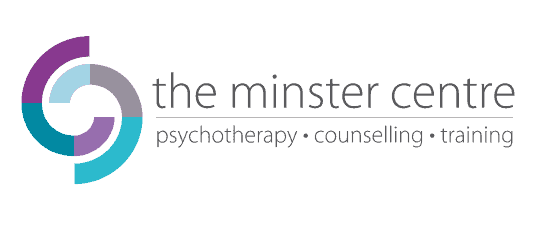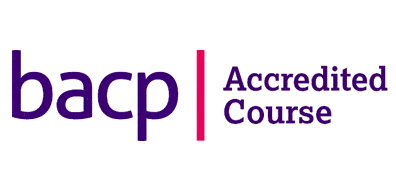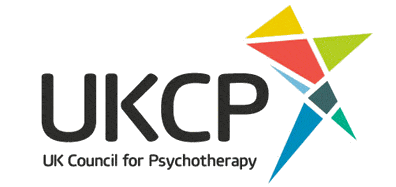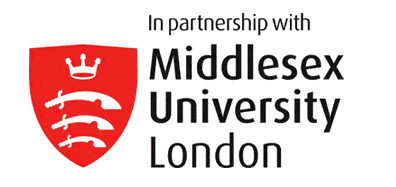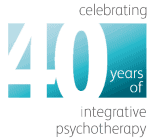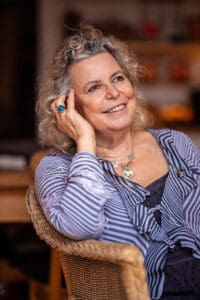
with Claire Asherson Bartram
Gestalt is a German word meaning ‘whole’ in the sense of the whole being a sum of its parts. In Gestalt therapy this means the whole person, mind body and spirit. It was launched in 1952, with the book Gestalt Therapy, excitement and growth in the human personality, written by Perls, Hefferline and Goodman, in two parts, the first half being experimental, and the second theoretical. Among its many roots are Gestalt Psychology (different from therapy), Field theory, Existentialism, Body psychotherapy, Phenomenology, Psychodrama, Buber’s I-and-thou and Zen Buddhism.
In its early days, Gestalt was associated with Fritz Perls, two chair work, challenge and confrontation. He was one of a group of people that included his wife Laura Perls (founder of the New York Gestalt Institute) and Paul Goodman (co-author of the book that launched Gestalt Therapy) who thrashed out Gestalt theory. Now many Gestalt therapists have a relational focus, being fully themselves as far as they are able, using creative methods to bring awareness of present and past dynamics, always aware of context and field. Nothing happens in a vacuum. The practice has an immediate, dynamic quality, following what emerges from the client, yet more directional than person centred approaches.
In this workshop Claire will briefly introduce key aspects of Gestalt theory with experiential explorations to illustrate this. The afternoon will be taken up with a Gestalt group experience. Claire works improvisationally, so that what you do will largely depend on what arises from the group. As a participant, you will be supported to pay attention to your emotional and physical feelings and in focusing on what is taking place for you relationally in the present. You will gain an overview of Gestalt theory of Gestalt in practice, and hopefully some personal awareness.
Claire Asherson Bartram is a senior psychotherapist and supervisor, in private practice with individuals, couples and groups in private practice. Claire qualified as a Gestalt therapist in 1991 and has been working in the field since then. She spent several years, from 2012 teaching Humanistic Theory and Counselling skills, and supervising at the Minster Centre, and now is a member of the research team. She has a degree in Music and a Doctorate in Psychotherapy by Professional Practice, researching the narratives of mothers in stepfamilies. “I have been through my own years of therapy and find that learning about myself and others never stops. Key points of my life’s journey include being a hippy in the late sixties, a busker, meditation, administrator for Brent MIND, a single parent, a stepmother and now a grandparent. What I love about Gestalt is its immediacy, liveliness and potential for deep connection”.
